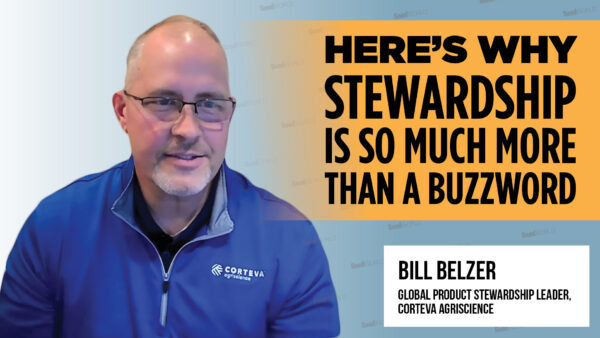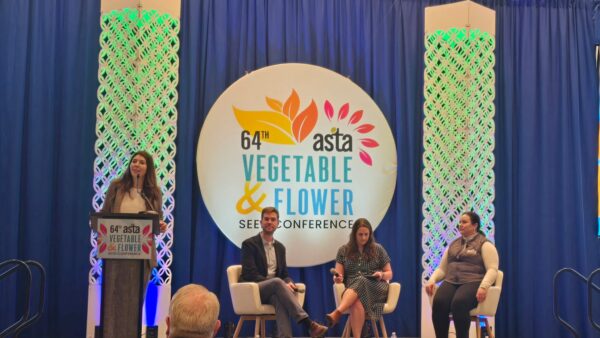Why are consumers reluctant to accept genetically modified crops? The answer has been millions of years in the making.
Sean Myles is an assistant professor and university research chair, Agriculture Genetic Diversity in the Department of Plant, Food and Environmental Sciences at Dalhousie University.
What’s the biggest challenge you think is facing the agriculture and bioscience communities right now?
That would be continued problems with consumer acceptance of genetically modified crops, which hampers plant breeding in many people’s opinion. I don’t take a strong view one way or another in the debate, but it’s clear to m that the anti-GMO debate often uses very poor arguments and a lack of scientific knowledge.
How does this affect the consumer, in general?
The public still seems to hold the wide belief that GMOs are still bad for you health, which is demonstrably false. It’s not good for the food system or for progressing to a world where we can feed everyone with the land currently in use.
Why are modern breeding methods so effective?
With older techniques, when we inserted foreign DNA into a plant, it was considered a GMO because it contained so-called foreign DNA. These new techniques don’t necessarily involve foreign DNA. You can alter one single spot in the genome of a Honeycrisp apple, and end up with something that reads just like a gala apple. You’re just flipping a letter in the code so it looks like something else within the species. You’re editing the genome in a manner that already happens in nature. We could breed an apple to have that exact genome sequence, it would just take many years. We simply accelerating that process by using these techniques that are increasingly precise.
What challenges are associated with this?
The way we alter plants and animals genetically is becoming more sophisticated with genome editing techniques, and the regulations around these new techniques are still unclear. The regulatory mechanisms haven’t caught up to the science. The degree to which these novel genome editing techniques are going to transform breeding remain unclear as well, since the frameworks surrounding their use haven’t been completely clarified.
Why have consumers been reluctant to accept biotech like they’ve accepted other technologies?
Putting food into your mouth is an extraordinarily intimate thing. For millions of years, we’ve needed to be extremely careful about it. A huge amount of the cellular activity in our head is devoted to analyzing what we put in our mouth, whether it’s our taste buds or our nose. Modern humans still have an ancient brain that causes these worries about food. Any information we see or hear concerning food we put into our mouths is taken extremely seriously. Yet we step into an airplane, which is a hunk of metal filled with explosive gas, and we get launched 30,000 feet into the air and we watch a movie and enjoy ourselves, because our brains are not equipped to analyze that kind of risk.












